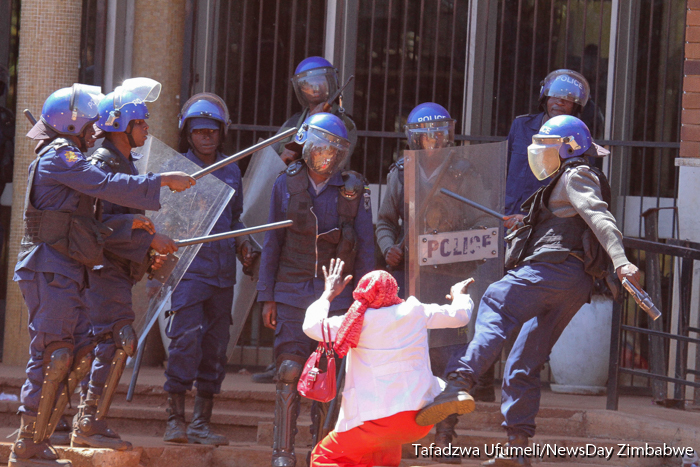
THE National Peace and Reconciliation Commission (NPRC) Bill is set to bounce back for crafting after it was adjudged to be unconstitutional and removed from Parliament’s Order Paper last year following an adverse report produced by the Parliamentary Legal Committee (PLC).
BY VENERANDA LANGA
Parliament has already indicated in its recent Bill Status report that the NPRC Bill (HB 2 2017) has been transmitted to the printers for Bill proof, and that it will soon be gazetted.
The NPRC will be the enabling Act that will operationalise the commission that will have a prescriptive working period for 10 years after the promulgation of the new Constitution in 2013.
The commission was established to develop and implement programmes to promote national healing, unity and cohesion and the peaceful resolution of conflicts, among other functions.
The Bill was initially aborted at its Second Reading Stage when Minister of State in Vice-President Phelekezela Mphoko’s office, Tabitha Kanengoni-Malinga, indicated that the ministry found it fit to first consider the adverse report by the PLC, which had adjudged the Bill unconstitutional.
In its report, the PLC noted that the Bill contravened Paris Principles regarding the independence of institutions from government interference.
The public also complained that the Bill gave the National Peace and Reconciliation minister too much room to interfere in the commission’s activities.
- Chamisa under fire over US$120K donation
- Mavhunga puts DeMbare into Chibuku quarterfinals
- Pension funds bet on Cabora Bassa oilfields
- Councils defy govt fire tender directive
Keep Reading
Section 14 of the proposed Bill, which was rejected, had stated that the commission can accept funding from outside actors and institutions only “with approval of the minister” and funds can only be invested “with the approval of the minister and the minister responsible for Finance”.
Clause 8(vii) of the first NPRC Bill also gave the minister too much power to stop disclosure of evidence by issuing out a certificate.
Zimbabweans also rejected the Bill on the basis that there was no clarity on the conflicts that the commission would deal with.
Other concerns were that the Bill was silent on decentralisation of the NPRC.











